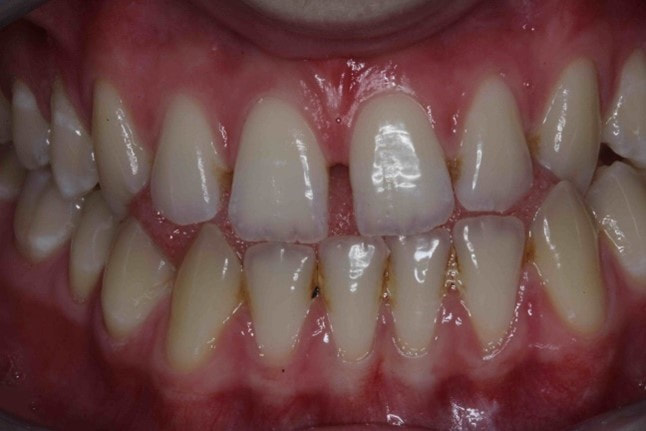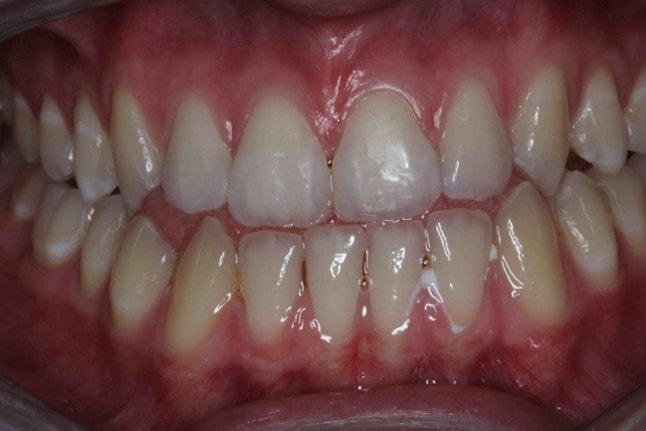Composite Bonding
Composite Bonding
Composite bonding is a procedure often recommended by dentists. If you have the following problems, you may be unsuitable for a composite bonding procedure:
- Spotted or discoloured teeth (often caused due to excessive coffee or smoking)
- Decaying teeth or cavities
- Spaces and gaps between teeth
- Receding gums or exposed roots
- Fractured, chipped or cracked teeth
- Mismatched teeth size (making teeth look longer)
Advantages of composite bonding:
- Less expensive than other cosmetic dental treatments
- Shorter procedure (can be done usually in a single dental session)
- Natural looking treatment ensuring the perfect cosmetic appearance
- Painless process (doesn't usually require injections or other painful equipment)
- A durable process that lasts for approximately five - seven years
Disadvantages of composite bonding:
- May break under pressure (not as durable as traditional crowns and veneers)
- Susceptible to staining in the long term
- Dental bonding cannot treat extensive tooth decay or severely misaligned teeth
Composite bonding is a procedure often recommended by dentists. If you have the following problems, you may be unsuitable for a composite bonding procedure:
- Spotted or discoloured teeth (often caused due to excessive coffee or smoking)
- Decaying teeth or cavities
- Spaces and gaps between teeth
- Receding gums or exposed roots
- Fractured, chipped or cracked teeth
- Mismatched teeth size (making teeth look longer)
Advantages of composite bonding:
- Less expensive than other cosmetic dental treatments
- Shorter procedure (can be done usually in a single dental session)
- Natural looking treatment ensuring the perfect cosmetic appearance
- Painless process (doesn't usually require injections or other painful equipment)
- A durable process that lasts for approximately five - seven years
Disadvantages of composite bonding:
- May break under pressure (not as durable as traditional crowns and veneers)
- Susceptible to staining in the long term
- Dental bonding cannot treat extensive tooth decay or severely misaligned teeth
An example of bonding to close spaces.
What's involved in the treatment?
We use an advanced shade guide to choose which colour of composite resin that best matches your teeth. The surface of each tooth will be cleaned, etched and dried so that the surface is rough. This provides a better area for the composite to adhere to. The tooth is then coated with a bonding agent which helps the composite material adhere to the tooth. The composite resin is added to the tooth in layers, gradually building up the shape. We use a special light at various stages to harden the composite resin. Afterwards we will trim it further and shape it even more. It will then be polished until it matches the lustre of the natural teeth.
The cost:
Depending on the complexity and time required it can vary from £120 to £225 per tooth. At your initial consultation a fully itemised estimate will be provided.
What's involved in the treatment?
We use an advanced shade guide to choose which colour of composite resin that best matches your teeth. The surface of each tooth will be cleaned, etched and dried so that the surface is rough. This provides a better area for the composite to adhere to. The tooth is then coated with a bonding agent which helps the composite material adhere to the tooth. The composite resin is added to the tooth in layers, gradually building up the shape. We use a special light at various stages to harden the composite resin. Afterwards we will trim it further and shape it even more. It will then be polished until it matches the lustre of the natural teeth.
The cost:
Depending on the complexity and time required it can vary from £120 to £225 per tooth. At your initial consultation a fully itemised estimate will be provided.

